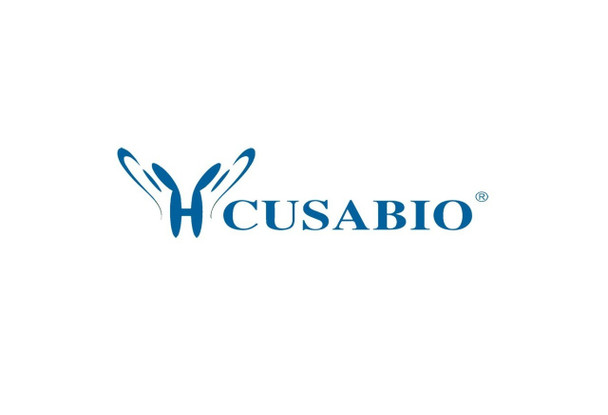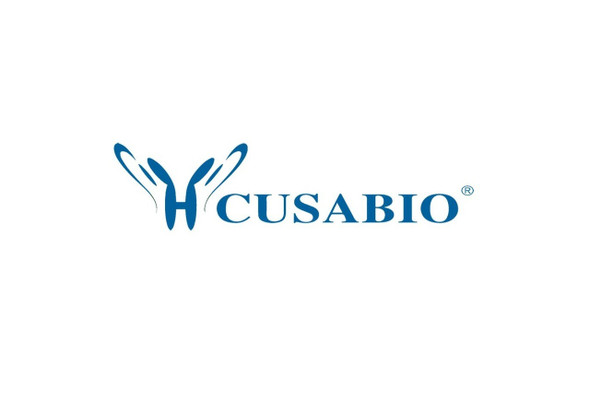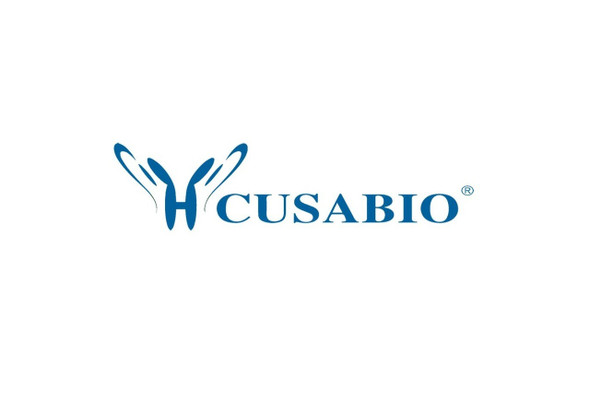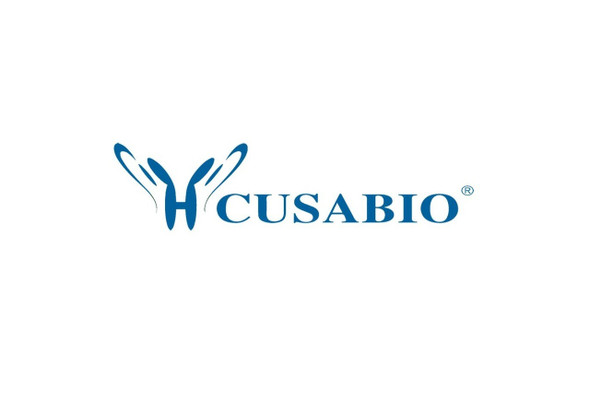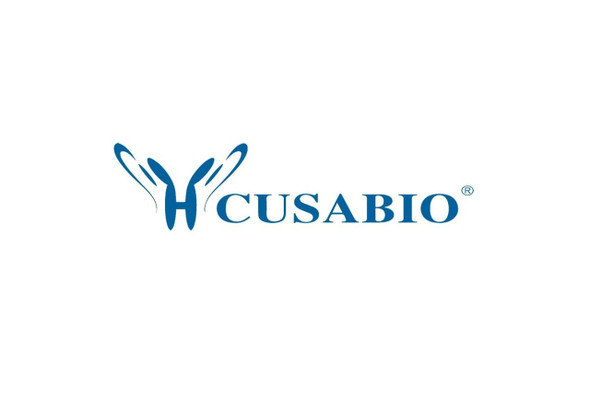Cusabio Polyclonal Antibodies
CD34 Antibody | CSB-PA004926KA01HU
- SKU:
- CSB-PA004926KA01HU
- Availability:
- 3 to 7 Working Days
- Size:
- 100ul (100ug)
Description
CD34 Antibody | CSB-PA004926KA01HU | Cusabio
CD34 Antibody is Available at Gentaur Genprice with the fastest delivery.
Online Order Payment is possible or send quotation to info@gentaur.com.
Product Type: Polyclonal Antibody
Target Names: CD34
Aliases: Hematopoietic progenitor cell antigen CD34;CD34
Background: CD34 is a type I transmembrane glycophosphoprotein expressed by hematopoietic stem/progenitor cells, vascular endothelium and some fibroblasts. CD34 expression has been the hallmark used to identify hematopoietic stem cells for many years. CD34+ hematopoietic stem cells expand and differentiate into all the lymphohematopoietic lineages upon cytokine or growth factor stimulation and lose CD34 expression upon differentiation. However, recent studies performed in various laboratories conflict with that convention. The extracellular domain of CD34 is homologous to CD43, a protein involved in cell-cell adhesion, and CD34 has been shown to function as a negative regulator of cell adhesion. CD34 associates with CrkL but not CrkII, is a substrate for PKC, and activation of PKC is coupled with surface expression of CD34.
Isotype: IgG
Conjugate: Non-conjugated
Clonality: Polyclonal
Uniport ID: P28906
Host Species: Rabbit
Species Reactivity: Human, Mouse, Rat
Immunogen: Recombinant protein of human CD34
Immunogen Species: Human
Applications: ELISA, WB, IHC
Tested Applications: ELISA, WB, IHC;WB:1:500-1:2000, IHC:1:50-1:200
Purification Method: Affinity purification
Dilution Ratio1: ELISA:1:2000-1:10000
Dilution Ratio2: WB:1:500-1:2000
Dilution Ratio3: IHC:1:50-1:200
Dilution Ratio4:
Dilution Ratio5:
Dilution Ratio6:
Buffer: Buffer: PBS with 0.02% sodium azide, 50% glycerol, pH7.3.
Form: liquid
Storage: Upon receipt, store at -20°C or -80°C. Avoid repeated freeze.
Initial Research Areas: Neuroscience
Research Areas: Neuroscience;Cancer;Cardiovascular;Developmental biology;Immunology;Stem cells

